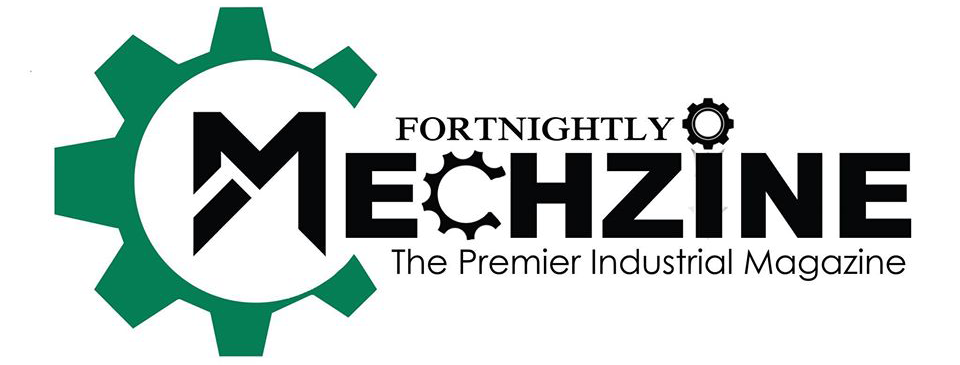Industry 4.0 is reshaping the manufacturing world, bringing smart technologies, automation, and data-driven decision-making. However, the rapid pace of technological evolution requires engineers to be vigilant about regulations and compliance. Ensuring that new systems adhere to legal, environmental, and safety standards is crucial for the success of Industry 4.0. This article highlights the key regulations that affect engineers and offers insights into their role in compliance within this innovative landscape.
The Importance of Regulations and Compliance in Industry 4.0
As technology disrupts industries, regulatory bodies update standards to keep pace. Engineers need to understand these evolving laws to build compliant systems. They must also be prepared to meet specific guidelines related to cybersecurity, data protection, safety, and the environment. Regulatory compliance not only ensures legal protection but also promotes long-term operational success.
Key Regulations Affecting Industry 4.0
In the age of Industry 4.0, compliance is not optional. Engineers must navigate complex regulations that govern data privacy and environmental sustainability. Let’s explore some of the most critical regulations.
1. Data Privacy and Protection
As more devices collect and transmit data, strong data protection is needed. Engineers must adhere to global data privacy laws. These laws include the General Data Protection Regulation (GDPR) in Europe and the California Consumer Privacy Act (CCPA) in the United States. These regulations require engineers to ensure that systems process personal data responsibly, with consent, and without compromising security.
Key Requirements:
- Secure storage and transmission of personal data.
- Obtaining explicit consent from users.
- Transparency about data collection and usage.
2. Cybersecurity Standards
The integration of smart technologies makes systems more vulnerable to cyber threats. Engineers must comply with cybersecurity frameworks to safeguard systems. Key frameworks include ISO/IEC 27001 and the NIST Cybersecurity Framework. These standards guide engineers in implementing robust security measures, from encryption protocols to system audits.
Key Requirements:
- Strong encryption and authentication measures.
- Regular vulnerability assessments and updates.
- Secure network infrastructure and communication protocols.
3. Environmental Regulations
Industry 4.0 promotes energy efficiency and sustainability but must comply with environmental regulations. Engineers play a critical role in reducing environmental impact. Standards like ISO 14001 (Environmental Management Systems) help guide engineers in implementing sustainable practices. These regulations focus on reducing waste, improving energy efficiency, and minimizing harmful emissions.
Key Requirements:
- Implementing energy-efficient technologies.
- Reducing waste and emissions.
- Complying with national and international environmental standards.
4. Health and Safety Compliance
While automation can improve safety, it can also introduce new risks. Engineers must ensure that automated systems do not threaten worker safety. Compliance with health and safety regulations is essential. In the U.S., OSHA (Occupational Safety and Health Administration) sets guidelines for workplace safety. The ISO 45001 standard offers a global framework for managing occupational health and safety.
Key Requirements:
- Ensuring the safety of workers interacting with automated systems.
- Developing emergency response protocols.
- Implementing hazard identification and risk assessments.
5. Product Quality and Manufacturing Standards
In automated environments, ensuring consistent product quality is vital. Engineers must meet quality management standards like ISO 9001 to maintain product consistency. Adhering to these standards also helps prevent defects, reduce waste, and improve customer satisfaction.
Key Requirements:
- Maintaining consistent quality control processes.
- Documenting procedures and outcomes.
- Monitoring and improving manufacturing processes continuously.
The Role of Engineers in Compliance
Engineers have a significant responsibility in ensuring compliance within Industry 4.0. Their work directly impacts the integration of new technologies into existing systems. Compliance isn’t just about adhering to regulations but also creating systems that operate sustainably and safely.
Designing Compliant Systems
Engineers must design systems that meet regulatory standards. This begins with ensuring that systems incorporate necessary data protection measures, security features, and sustainability practices. From the choice of materials to the design of automated processes, engineers must make informed decisions to ensure compliance.
Continuous Monitoring and Auditing
After deploying systems, engineers must continuously monitor their performance. Compliance requires ongoing assessments and audits. Engineers must ensure that systems remain secure, efficient, and sustainable as they evolve. This includes regular updates to software, addressing vulnerabilities, and reviewing compliance with changing laws.
Collaboration Across Teams
Compliance is a cross-disciplinary effort. Engineers must collaborate with IT, legal, and compliance teams. These teams work together to ensure that systems meet all regulatory requirements. By communicating effectively, engineers can address potential compliance issues before they arise.
Training and Awareness
Staying up-to-date on regulations is critical for engineers. They need to understand the evolving landscape of laws and best practices. Regular training sessions, workshops, and conferences help engineers stay informed about new developments in compliance and regulation.
Challenges and Opportunities for Engineers
Industry 4.0 presents engineers with both challenges and opportunities. One challenge is keeping up with the constantly evolving regulatory environment. As technology advances, new laws and standards emerge to address the risks associated with these innovations.
However, this evolution also creates opportunities for engineers. They can use emerging technologies like machine learning and blockchain to innovate and streamline compliance. Engineers can create systems that automatically monitor and report compliance status by leveraging automation, reducing human error and ensuring accuracy.
Updated Facts and Figures:
| Regulation | Year Implemented | Key Focus | Impact on Industry |
|---|---|---|---|
| General Data Protection Regulation (GDPR) | 2018 | Data privacy and security | Overhauled data protection laws across the EU and beyond. |
| California Consumer Privacy Act (CCPA) | 2020 | Consumer data rights | Extended privacy rights for Californian residents. |
| ISO 27001 (Cybersecurity) | 2013 | Information security | Standardized cybersecurity measures globally. |
| ISO 14001 (Environmental Management) | 2015 | Environmental sustainability | Reduced environmental impact across industries. |
| ISO 9001 (Quality Management) | 2015 | Product quality | Improved product consistency and quality control. |
Conclusion
Regulations and compliance in Industry 4.0 are non-negotiable. As engineers, staying ahead of regulatory changes and understanding how these laws impact your work is essential. Engineers must design, monitor, and continuously audit systems from cybersecurity to environmental sustainability to meet these requirements. Compliance is a continuous process, and proactive engineers will shape the future of compliant, innovative systems. By integrating new technologies and staying informed, engineers can ensure that Industry 4.0 thrives while adhering to the strictest compliance standards.

